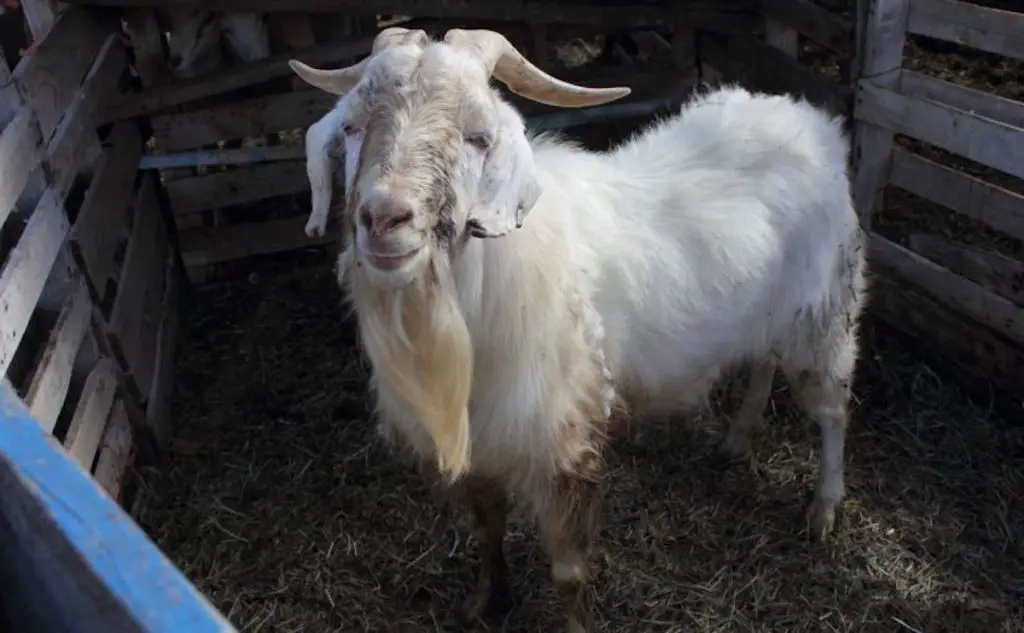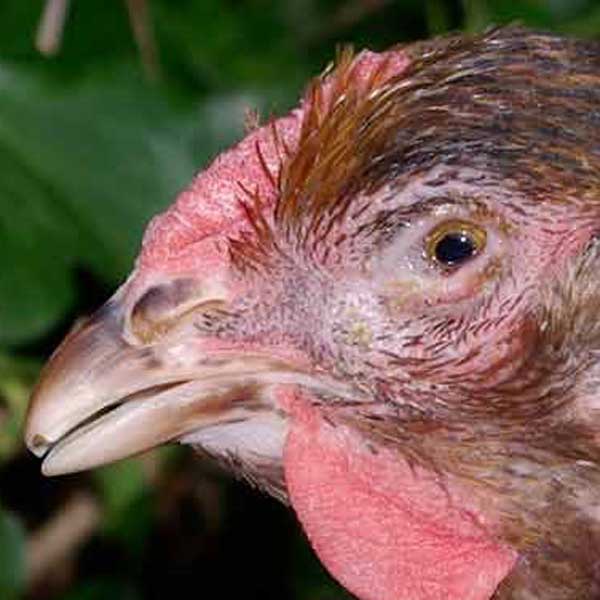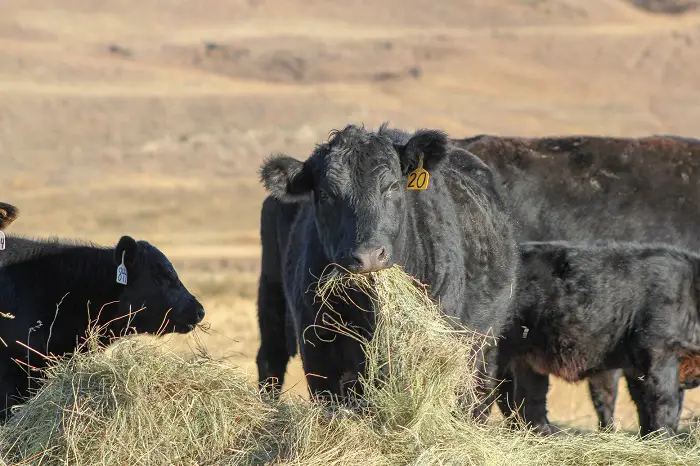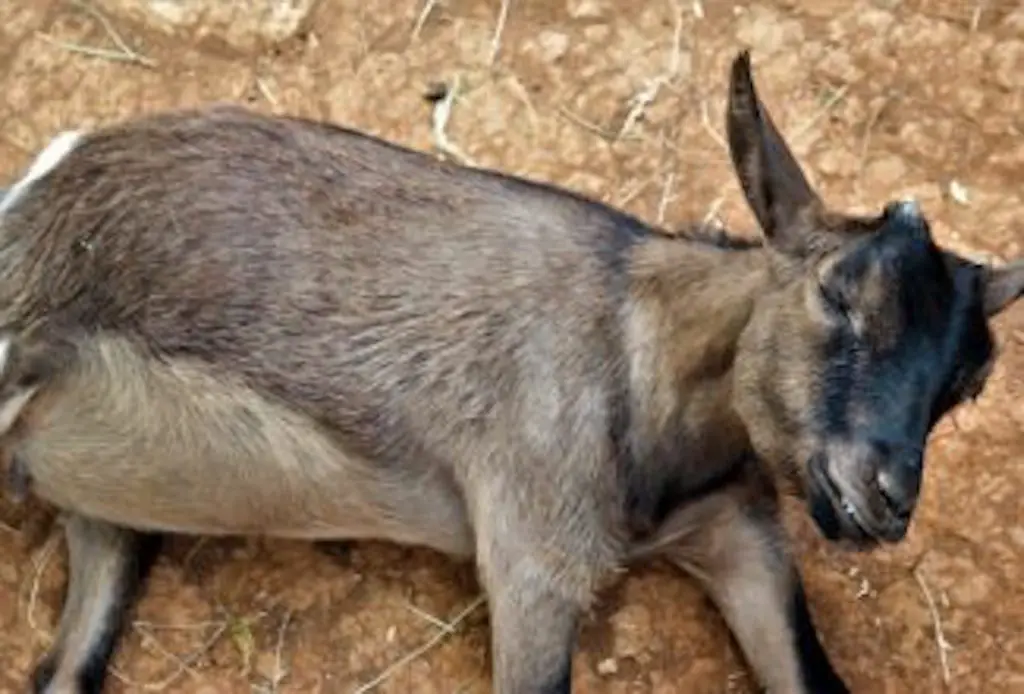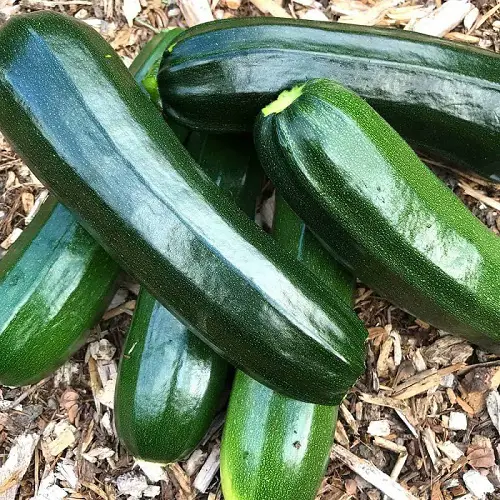Commonly called scours, diarrhea in goats can be detrimental to goat performance and if not treated well can lead to goat mortality. Deaths are usually due to loss of appetite and dehydration that is a consequence of the scours. It is important to note that diarrhea itself is not an illness but a symptom of any issues affecting the gut of the goat. There are a multitude of causes for scours and preventing these and complications that can arise can go a long way in stopping goats from getting scours in the first instance. Diarrhea in goats can vary in consistency and color ranging from watery brown to pasty white. This article will explain the causes of diarrhea and outline the treatment options for diarrhea in goats.
Contents
Digestion in Goats
Goats are a class of small ruminants, that is they have the ability to chew the cud and have a four-chambered stomach. They feed predominately on high-fiber feed by browsing and grazing on different forages. There is a common misconception that goats will eat anything this is mostly due to their feeding behavior where they move about a lot and nibble on a wide variety of forage species, to get a balanced diet. This is critical as any deviation or deficiency, especially in fiber can cause diarrhea.
Management of Diarrhea in Goats
As the common saying goes prevention is better than cure, it’s better to prevent scours as identifying the cause and treatment of diarrhea in goats can be costly and difficult. Common practices for the prevention of diarrhea in goats are:
- Good hygiene in kraals
- Paddock and pasture rotation to avoid the build-up of parasites
- Avoid raising goats in marshy pastures
- Vaccinating for any diseases that cause diarrhea
Treating Diarrhea in Goats
When goats are affected by diarrhea, treating them is important. The most important thing to do if you identify any goats with diarrhea is to isolate the sick animal(s) so that the issue does not spread to the other animals. Keep the affected goat clean and under the shade with fresh feed and water, remove any suspected feed and feed hay and electrolytes. If grain is being fed, the amount should be cut back or removed completely. It is also advisable to consult a veterinarian to establish the actual cause of diarrhea.
Electrolytes
Electrolytes can be used to treat diarrhea in goats. To aid in quick recovery electrolytes should be administered immediately when diarrhea is detected when the animal still has the energy to take feed and medication. Dehydration is the worst condition that usually causes mortality and should be avoided, a quick test can be conducted to check if the goat is dehydrated. Pinch the skin on the neck of the goat, the skin should quickly return to normal if the goat is well hydrated, when dehydrated the skin slowly returns to normal.
Homemade electrolytes
Below are some common recipes for electrolytes that can be administered to goats with diarrhea, however it is good practice to always offer baking soda, free access to goats. However continuous monitoring is critical, checking if the goat is improving or not, in case no improvement is noticed or the goat goes off feed consult a veterinarian. These solutions should be given at least once a day, to ensure that the goats take these in, give the solution free choice as the only source of drinking water for one hour.
Solution 1:
- Half teaspoon table salt
- Four tablespoons of honey
- One liter clean water
Solution 2:
- Two teaspoons of table salt
- Two teaspoons of baking soda
- Two teaspoons of lemon juice
- Two tablespoons of glucose
- Two liters clean water
Administration of Electrolytes
In goat kids, electrolytes should be fed separately from milk or milk replacers but should not replace milk as they do not have any nutrients, they are useful for maintaining the fluid balance in the body.
Probiotics
In some instances, probiotics are an effective treatment of diarrhea in goats. If the diarrhea is caused by an upset in the balance of rumen microbes, the administration of probiotics can introduce beneficial bacteria which restore the balance the stops diarrhea.
Causes of Diarrhea in Goats
There are four major causes of diarrhea in goats, stress, diet, bacteria, and management. As discussed earlier diarrhea should be treated as a symptom of something having gone wrong in the normal function of the goat digestive system.
Diet
Change in diet
Feed changes for goats should be done gradually to allow the rumen microbes time to adjust to the new feed. Any abrupt changes will lead to an upset in the balance of the rumen microflora leading to diarrhea.
Feeding of grain
Grain is highly concentrated in energy, low in fiber and if fed in excess it can cause bloating and/or excessive acid production in the gut leading to acidosis and diarrhea
Weaning
Goats need to be weaned gradually off milk or milk replacers to avoid upsetting the gut microbiome. Enzymes required for digesting milk are significantly different from those required to digest fibrous feeds.
Grazing Quality
Goats are ideally suited for digesting high-fiber diets and the feeding of lush green grass should be avoided as the goats will quickly eat up the grass and scour. The easily digestible grass will overload the gut bacteria and quickly upset their balance and ultimately digestion.
Inappropriate Feed
Care should be taken when introducing new feeds to goats but also what is fed to goats should be monitored as their ability to digest certain feeds is limited and can result in diarrhea. Feeds that can cause diarrhea are stone fruits, chicken feed or meat products.
Consistency in feed and feeding is of utmost importance in ensuring that gut health is maintained always.
Stress
Common causes, of stress in goats are weaning, wet weather, cold temperatures, mixing with new animals, and management practices like vaccinations. Any abrupt changes to the goat’s environment can have an effect on the goat’s immune system making it prone to diarrhea, this is especially important to young goat kids below one month.
Parasites, Bacteria and Viruses
Coccidia and other worm parasites can cause diarrhea in goat kids that are over a month old usually housed in crowded conditions. Coli and related bacteria can also cause gastroenteritis which manifests as diarrhea in goats of all ages. In both cases, proper hygiene can prevent diarrhea from occurring and medication can be administered once the causative agent is identified usually through analyzing stool samples.
In conclusion, diarrhea is better prevented from occurring but in cases of goats getting diarrhea, treatment is important. Separate the affected goat(s) from the herd, remove or reduce grain, administer electrolytes and consult a vet.
